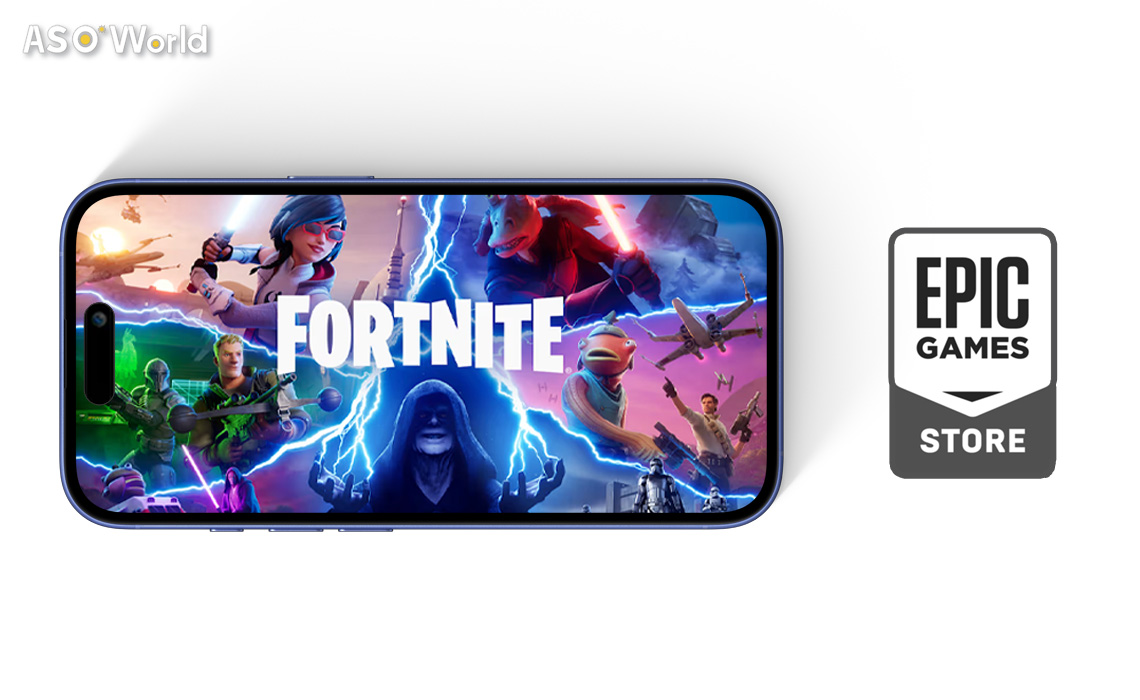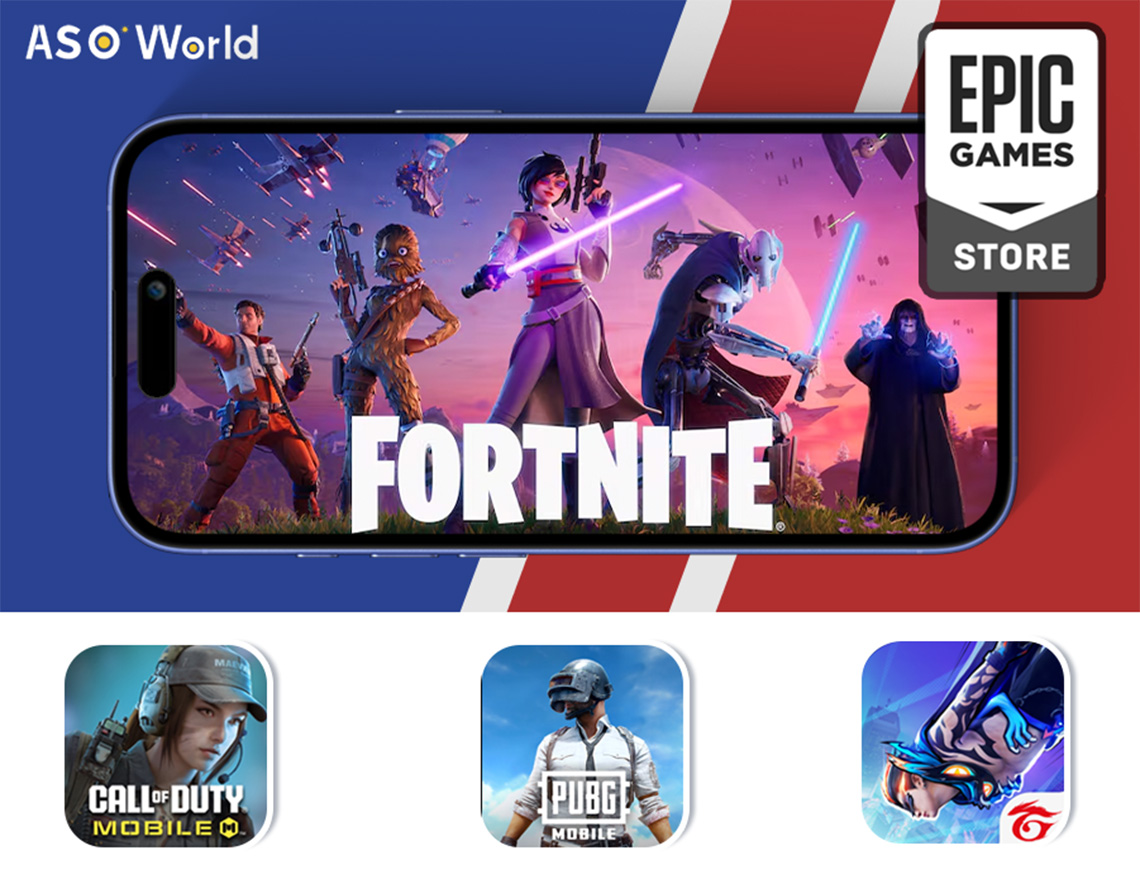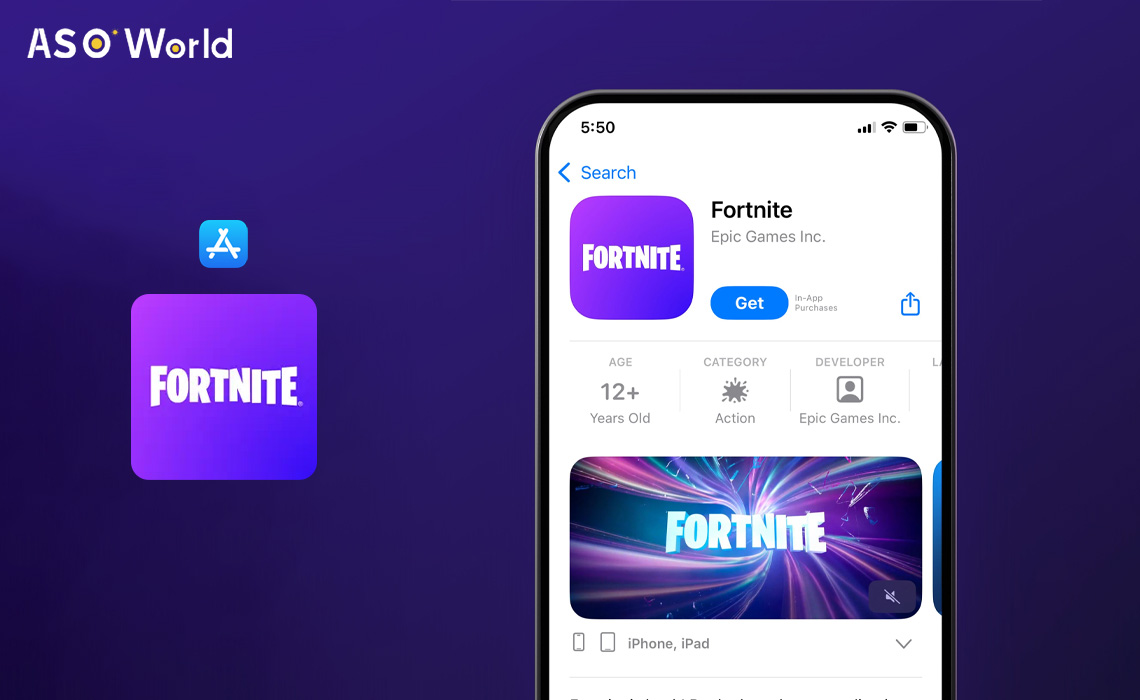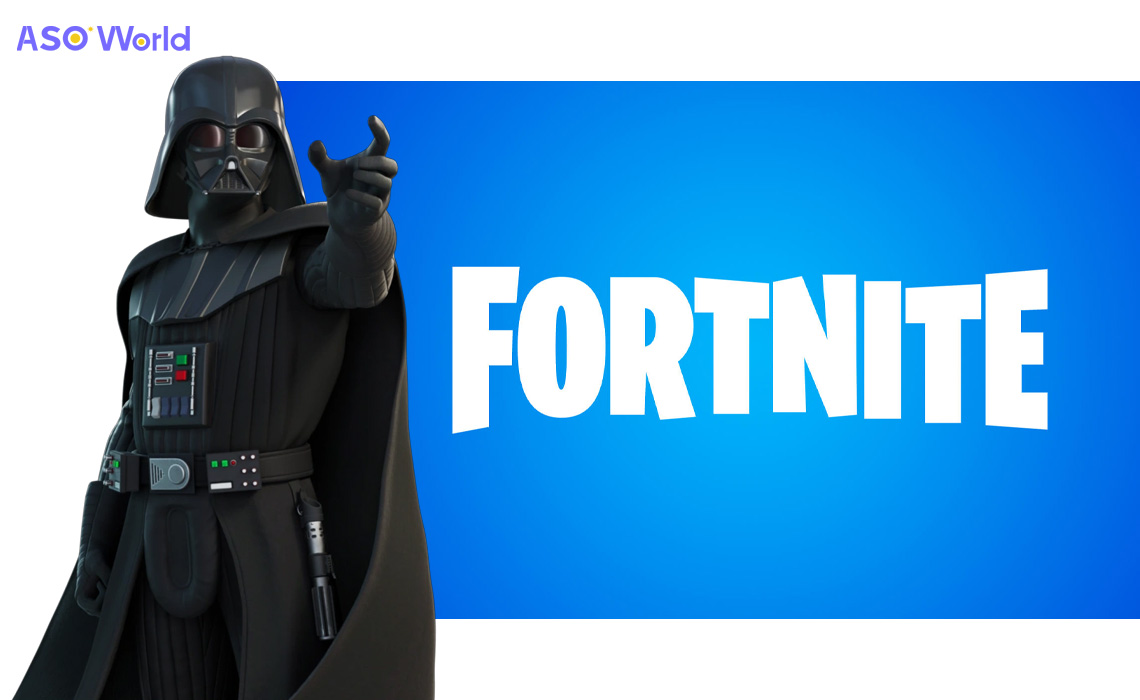After a five-year absence, Fortnite, the wildly popular battle royale game by Epic Games, is back on the U.S. App Store for iPhones and iPads as of May 20, 2025.
This marks a significant milestone following a legal battle with Apple that reshaped app distribution policies.
👉 More Details of Legal Battle between Epic and Apple
How to Access Fortnite on iOS
As of 7:03 PM PDT on May 20, 2025, Fortnite is available for download on the U.S. App Store for iPhones and iPads.
However, the app may not yet appear in App Store search results due to indexing delays.
Users can access it via a direct link: Fortnite on App Store.
The app, rated for ages 12+, is free with in-app purchases and listed under Games/Adventure, Apps/Entertainment and Games/Action category.
Regional Differences
In contrast to the U.S., Fortnite in the European Union is available through third-party platforms like the Epic Games Store and AltStore, driven by the EU's Digital Markets Act.
This highlights varying global regulations, with the U.S. relying on the App Store as the primary access point.
Broader Implications for the App Ecosystem
Fortnite's return signals potential shifts in App Store policies.
Other companies, such as Amazon and Spotify, have begun updating apps to include external purchase links following the same court ruling.
Apple's services revenue, reported at nearly $27 billion for the March 2025 quarter, may face challenges as developers gain more flexibility in payment systems.
Community Response
Excitement is evident among players, with social media posts expressing enthusiasm.
Some users have mentioned an "Apple skin," a cosmetic item tied to the dispute, hinting at possible in-game celebrations.
However, fans in regions like Canada have voiced frustration over continued restrictions, indicating regional disparities in access.

Editor's Comments
Fortnite's return to the U.S. App Store is a landmark moment, reflecting the power of legal and regulatory pressures to reshape tech giants' policies.
The ruling not only benefits Epic but also sets a precedent for developers seeking greater control over monetization.
However, Apple's ongoing appeal suggests this saga is far from over. Looking ahead, expect increased competition in app distribution, potentially leading to more third-party app stores in the U.S., similar to the E.U. model.
This could enhance consumer choice but may complicate user experience with fragmented platforms.



